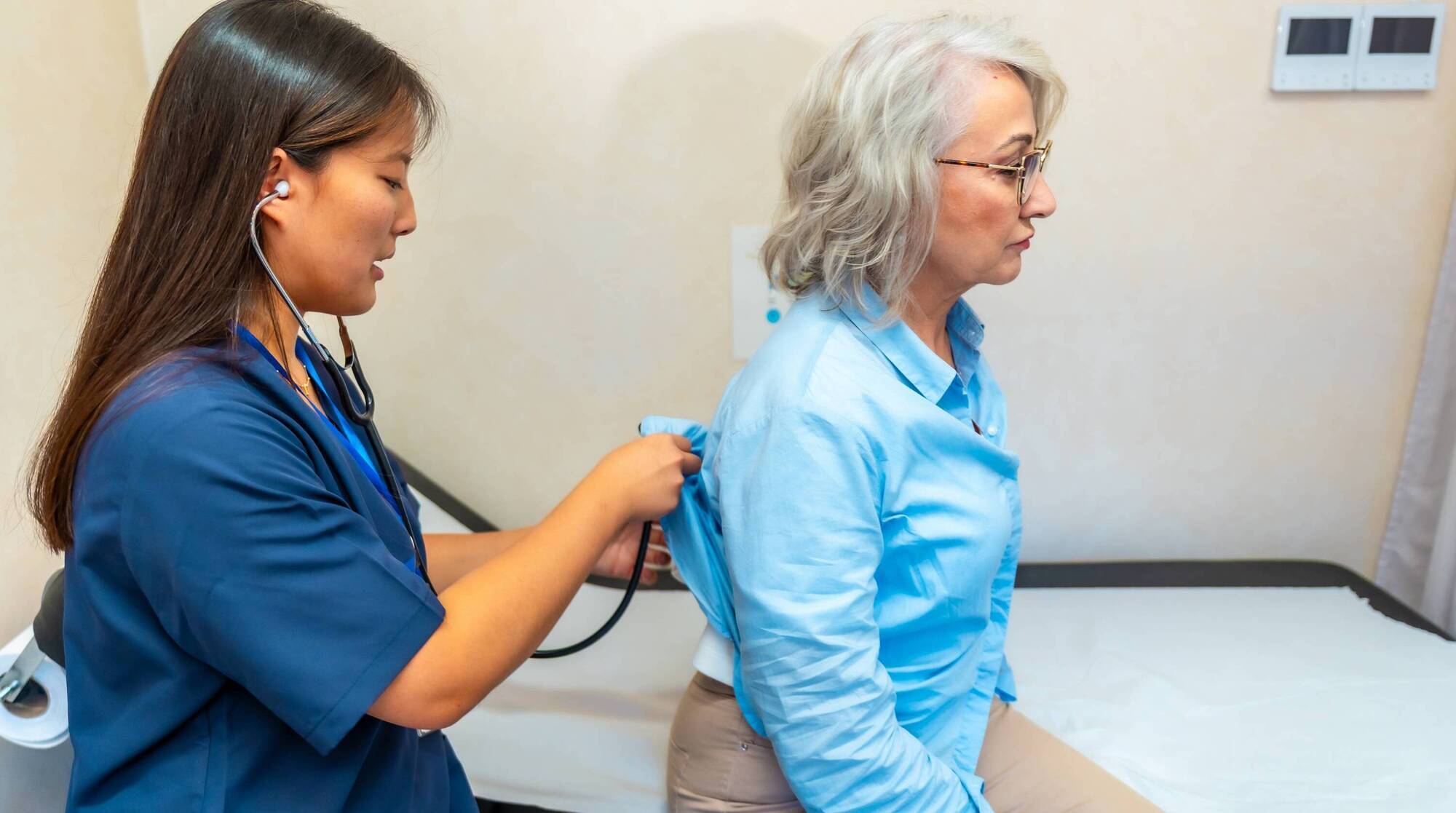Health
Cancer’s Cruel Reality Sparks Reflection on Hate in Ireland

Gareth O’Callaghan’s life changed dramatically last December when his wife, Paula, was diagnosed with leukaemia during what was supposed to be a routine hospital visit. The news struck like a thunderbolt, shattering their expectations and thrusting them into a world dominated by uncertainty and fear. As O’Callaghan navigated this new reality, he became acutely aware of the broader societal issues surrounding him, particularly the rise of hate in Ireland.
The couple was in Cork City, where heavy traffic delayed O’Callaghan’s parking. By the time he rejoined Paula, she received the devastating news: she had leukaemia. The shock was overwhelming, and O’Callaghan recalls experiencing disbelief and panic. “Maybe it’s a mistake,” he thought, yet reality settled in quickly. As he held Paula, he reassured her, despite knowing little about her condition.
Leukaemia, a form of blood cancer, disrupts the production of healthy blood cells. O’Callaghan described his wife as remarkably strong, yet she often confronted the harrowing question: “Is this going to kill me?” His unwavering response became, “Not on my watch.”
As their lives adapted to this medical reality, O’Callaghan discovered that the experience of being a caregiver is fraught with emotional challenges. He noted how cancer heightened his sensitivity to the world around him, revealing the cruelty of life and the pervasive presence of hate. This awakening led him to observe social issues that previously went unnoticed.
One such incident occurred when O’Callaghan attempted to travel to Dublin for a date night after rescheduling a dinner reservation. He found himself trapped as anti-immigration protests brought the city to a standstill. Thousands marched through O’Connell Street, waving banners with slogans like “Ireland for the Irish” and “Get them out.”
Amid the chaos, O’Callaghan witnessed a disturbing scene involving an Estonian woman suffering from a seizure, who had lost her medical bag. The crowd, consumed by anger, ignored her plight. An ambulance eventually arrived, but the incident highlighted a troubling reality: those consumed by hatred often overlook the suffering of others, even in dire situations.
Reflecting on the fate of refugees in Ireland, O’Callaghan expressed concern for the more than 1,200 Ukrainians currently residing at City West Hotel. He pondered how many were grappling with health issues, including cancer, while facing the additional challenge of being away from home. The protests, he noted, indicated a troubling disregard for the medical needs of these individuals, as some protesters believed healthcare should be reserved for Irish citizens.
O’Callaghan pointed out the irony of such views, given that many healthcare professionals in Ireland come from abroad. According to recent statistics, approximately 54% of nurses and nearly 40% of doctors in Ireland are immigrants. These individuals play vital roles in the country’s healthcare system, especially in oncology.
The harsh reality is that those who oppose immigration often rely on the very people they seek to exclude when they require medical care. O’Callaghan recounted instances of violence against healthcare workers, such as the assault on Pakistani doctor Asif Iqbal in September 2023, who faced racial abuse while in his scrubs.
As he continues to support Paula through her cancer journey, O’Callaghan recognizes the stark contrast between the personal battle against illness and the larger societal struggles against hate. He has come to understand that cancer is indiscriminate, affecting individuals regardless of their background.
In conclusion, O’Callaghan’s experience has illuminated the interconnectedness of personal and societal issues. As he reflects on his wife’s health and the challenges they face, he urges society to reconsider its attitudes towards others. “Those we choose to discriminate against might someday be the ones we need to help us when we can’t help ourselves,” he remarked.
For O’Callaghan and Paula, each day remains a testament to resilience and compassion in the face of adversity, reminding them that health should be valued and that empathy is essential in navigating life’s challenges.
-

 Top Stories3 months ago
Top Stories3 months agoTributes Surge for 9-Year-Old Leon Briody After Cancer Battle
-

 Entertainment4 months ago
Entertainment4 months agoAimee Osbourne Joins Family for Emotional Tribute to Ozzy
-

 Politics4 months ago
Politics4 months agoDanny Healy-Rae Considers Complaint After Altercation with Garda
-

 Top Stories4 months ago
Top Stories4 months agoIreland Enjoys Summer Heat as Hurricane Erin Approaches Atlantic
-

 World5 months ago
World5 months agoHawaii Commemorates 80 Years Since Hiroshima Bombing with Ceremony
-

 Top Stories3 months ago
Top Stories3 months agoNewcastle West Woman Patricia Foley Found Safe After Urgent Search
-

 Top Stories5 months ago
Top Stories5 months agoFianna Fáil TDs Urgently Consider Maire Geoghegan-Quinn for Presidency
-

 World5 months ago
World5 months agoCouple Convicted of Murdering Two-Year-Old Grandson in Wales
-

 World5 months ago
World5 months agoGaza Aid Distribution Tragedy: 20 Killed Amid Ongoing Violence
-

 World5 months ago
World5 months agoAristocrat Constance Marten and Partner Convicted of Infant Murder
-

 Top Stories4 months ago
Top Stories4 months agoClimbing Errigal: A Must-Do Summer Adventure in Donegal
-

 Top Stories4 months ago
Top Stories4 months agoHike Donegal’s Errigal Mountain NOW for Unforgettable Summer Views









